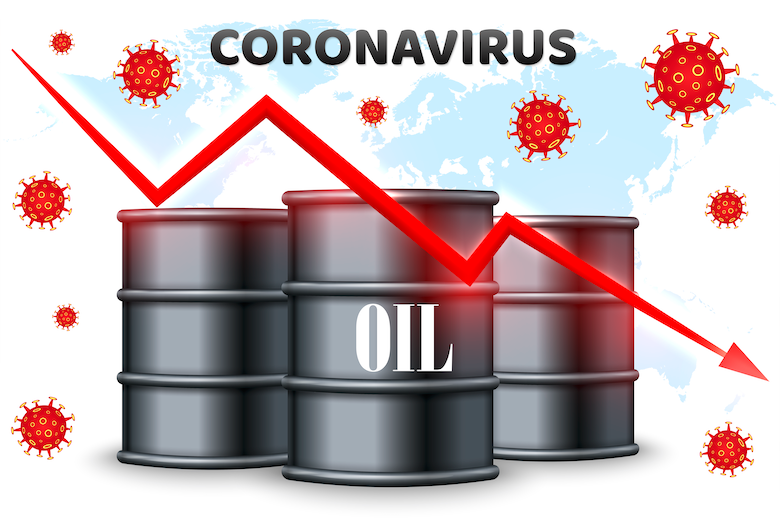The world is witnessing a historic and drastic drop in oil prices, attributed to the combined effects of the coronavirus pandemic and a price war between oil-producing countries.
The drop in oil prices is unparalleled, with markets experiencing a meltdown. The crisis began when Saudi Arabia initiated a price war against Russia, resulting from the inability of Saudi Arabia and other OPEC members to reach an agreement with non-member Russia regarding oil output reductions in response to the coronavirus outbreak.
On Sunday evening, when the markets opened, oil prices plummeted by almost a third. This dramatic drop was mainly driven by the fear and uncertainty surrounding the situation. Brent crude, the international benchmark for oil prices, dropped to below $30 per barrel, marking the most significant one-day percentage decline since the start of the Gulf War in 1991.
The severe oil price shock has had ripple effects, causing global stock markets to plunge. In early trading, the FTSE 100, the leading index of London-listed businesses, fell by more than 8 percent, wiping out billions of pounds and pushing it to a four-year low not seen since the Brexit referendum. Neil Wilson, the chief market analyst at Markets.com, characterized this event as “Black Monday,” signifying the severity of the situation. He described the turmoil in the financial markets as “utter carnage.”
Investors and markets worldwide are grappling with uncertainty about what lies ahead. In just the first half-hour of trading, more than 15 FTSE 100 companies witnessed a drop of over 10 percent in their stock values. Additionally, the ASX 200 in Australia fell by over seven percentage points, and the Nikkei 225 in Japan declined by more than five percent.
This dual crisis of oil price collapse and the coronavirus pandemic has sent shockwaves through global financial markets, creating an environment of unprecedented volatility and uncertainty.




































